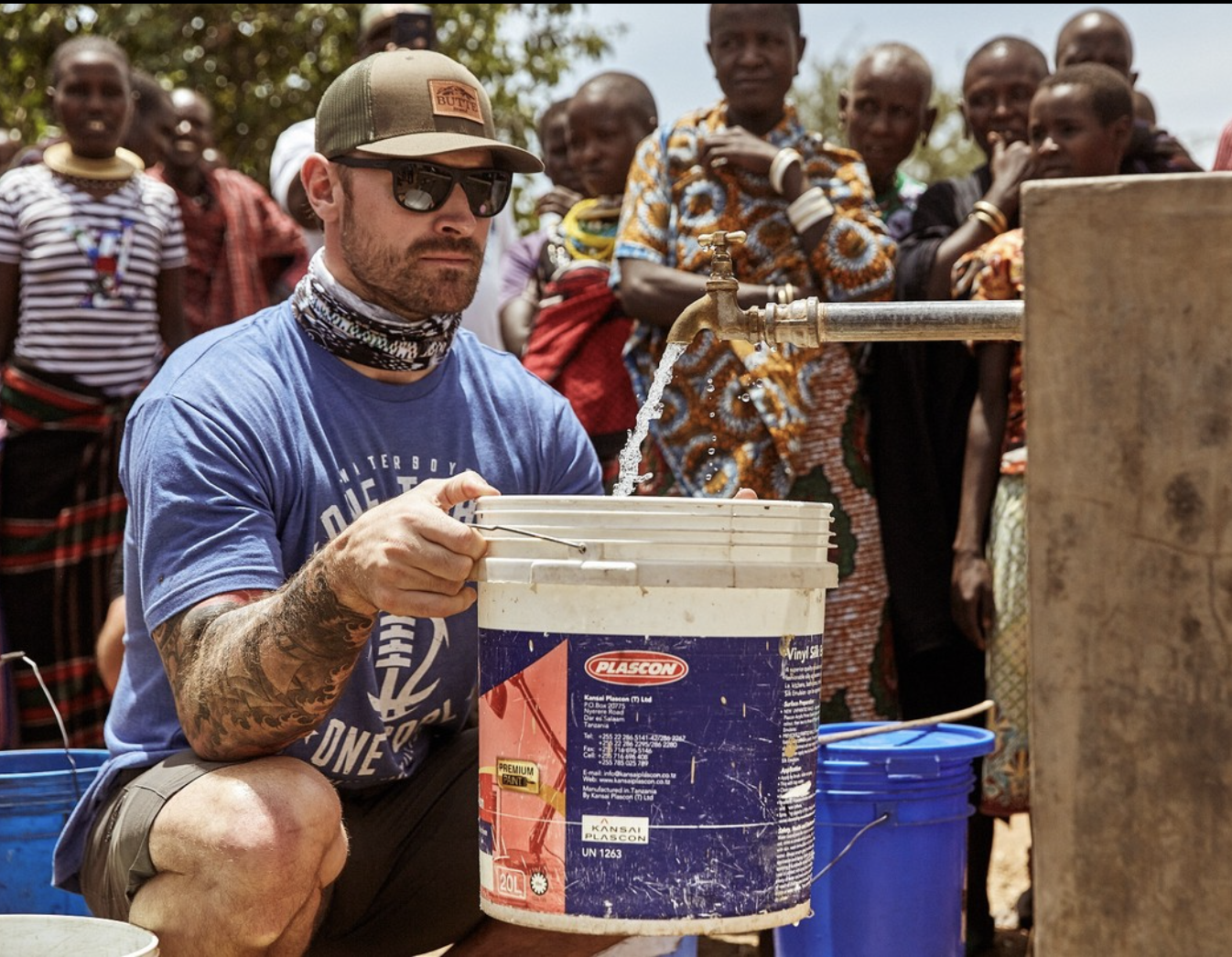Photo: Instagram/waterboysorg
The off-season is crucial for athletes to recover, rejuvenate and prepare for the next competitive season. While some may envision athletes spending their off-time lounging on tropical beaches, the reality is quite different.
WNBA and Overseas Leagues
Most WNBA (Women's National Basketball Association) players utilize the off-season to make money to supplement their regular season salaries. Sure, they also develop their skills and gain valuable experience by playing in other leagues overseas, but the wear and tear on their bodies make it a challenge. Look no further than Brittany Griner to see that other challenges are presented beyond physical deterioration.
European Soccer
European soccer leagues are known for their relentless schedule, with matches occurring throughout the year. While there might not be a traditional off-season, players often have short breaks between seasons or international competitions to recharge and spend time with their families.
Minor League Baseball
Minor League Baseball players hoping to make it to the big leagues (MLB - Major League Baseball) face unique challenges during the off-season due to their lower salaries. The recent, and first of its kind, collective bargaining agreement (CBA) has set the wages higher, but still challenging considering the players are in-season from February until typically September and training to make a big league team in between.
Minor League Salaries per the CBA:
• Complex league: from $4,800 per year up to $19,800
• Low-A: $11,000 to $26,200
• High-A: $11,000 to $27,300
• AA: $13,800 to $30,250
• AAA: $17,500 to $35,800
To make ends meet and continue pursuing their dreams, players engage in activities like coaching youth camps, providing private instruction, selling real estate, or even working in construction.
Athletes' Training Regimens
Many professional athletes remain dedicated to their training routines even during the off-season. LeBron James, for instance, invests a substantial amount, approximately $1.5M per year, to stay in peak physical condition. He employs cutting-edge technologies like cryotherapy and hyperbaric chambers and surrounds himself with a team of professionals, including a personal chef, masseuse and trainer.
Off-Field Contributions
Many athletes, like Chris Long, extend their impact beyond the field during the off-season. Chris Long, a philanthropist and two-time Super Bowl champion, founded the Waterboys organization to address the global water crisis. Through partnerships, like recruiting his teammates, and other initiatives, the organization has aided over 500,000 people in need.
Olympians' Diverse Pursuits
Olympic athletes face unique circumstances, as they often do not receive direct payment for their participation unless they win a medal. However, they have diverse off-season activities that contribute to their personal and professional growth. For instance, Hilary Knight, a celebrated women's hockey player, competes at the Olympic level and plays in the PWHPA (Professional Women's Hockey Players Association), working towards building a sustainable women's hockey league. Additionally, athletes like Ryan Cochran-Siegle, Nina Roth, Vicky Wright and Tabitha Peterson juggle their athletic pursuits with careers in fields like maple syrup farming, nursing and pharmacy.


